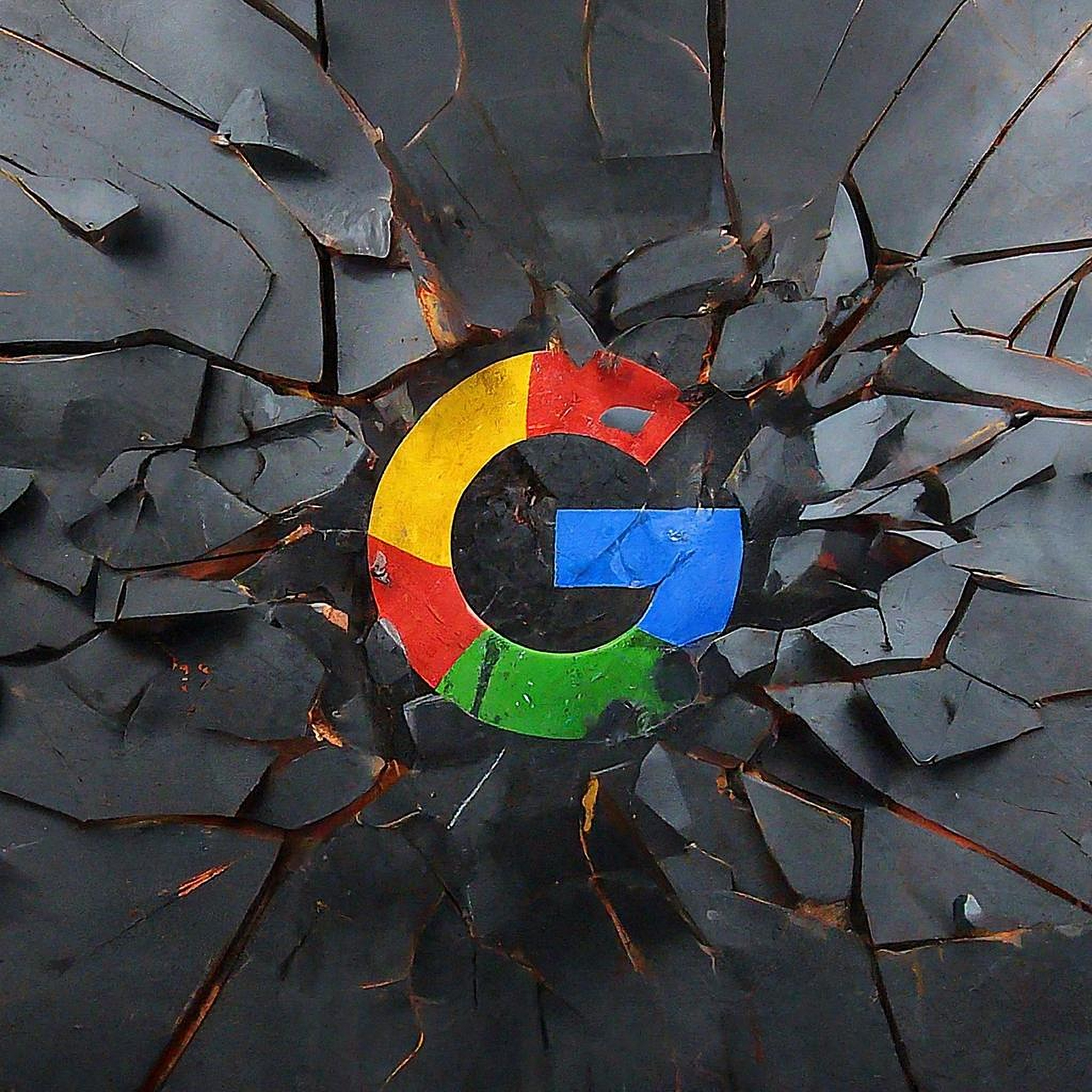The term Metaverse came to the attention of the general public last autumn, when the US company Facebook announced a name change to Meta Platforms to better express what it wants to deal with in the future. Thanks to this move, the term Metaverse is gradually becoming a phenomenon.
And what exactly is Metaverse? It is a network of 3D virtual worlds that focus on social connections between individuals or entire groups. This term has also found its explanation in futurism and sci-fi, where it is usually referred to as a hypothetical iteration of the internet, which is to be the only universal virtual world using headphones for virtual or augmented reality.
Better experience and comfort of use
The Metaverse is a logical step forward in the world of digitization, which is evolving by leaps and bounds also due to the social distance caused by the pandemic Although pandemic measures are gradually declining, people have learned to spend more time in private and use digital technologies much more than in the past. This is also one of the reasons why the announcement of Facebook founder Mark Zuckerberg had such a huge media response. The company's aim with this project is to 'force' the internet to evolve towards virtual reality, giving users a more immersive and comfortable experience.
A breakthrough in the use of virtual reality
Although the projects that have been carried out in this direction in recent decades have been in fact successful, none of them has had such an ambitious plan to be used en masse. However, this is unlikely to be the case for the investment of a company, which has more than 2.7 billion employees.
Negative factors
Despite the promising outlook for virtual reality, it should be noted that Meta Platforms' stock has fallen in recent weeks due to concerns over a rise in regulatory action regarding the security of user data. Weaker economic prospects have also contributed to negative investor sentiment. After the drop that came when the company released earnings results in early February, the company's stock has even dropped to the $220 level where it was last traded in June 2020. Concerns have been exacerbated by the departure of Zuckerberg's long-time adviser, Peter Thiel. The company's shares have not yet managed to recover from the slump.

*
Graph of Meta Platforms' value development over the last 5 years.
Source: Investing.com
Although the companies' shares are not doing too well at the moment with regard to the above-mentioned factors, considering the potential of the virtual reality project, it is likely that this slump should only be temporary. Of course, one should not forget about the reverse part of the progress - in this case, too, there are concerns about the privacy of information and the possibility of users' dependence on the Metaverse, similar to the social networks.
[*] Past performance is no guarantee of future results
[1] Forward-looking statements are based on assumptions and current expectations, which may be inaccurate, or on the current economic environment, which may change. Such statements are not guarantees of future performance. They involve risks and other uncertainties that are difficult to predict. Results may differ materially from those expressed or implied by any forward-looking statements.



